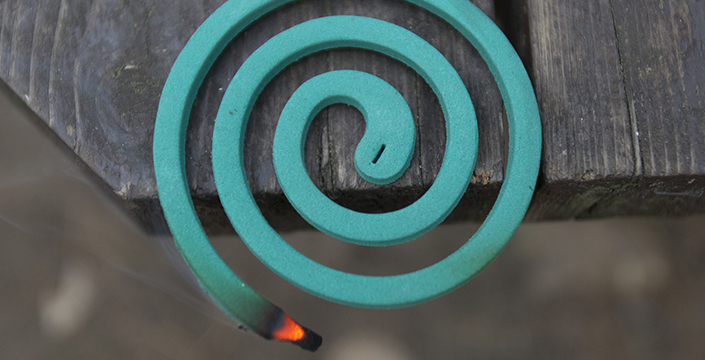
Usually, by the last week of July there’s been enough hot summer weather to turn lawns crispy yellow-brown. That’s not been the case this summer. Lawns are still green, and due to the abundance of rain the mosquito population also shows no sign of dying off.
It’s common to see an increase in the number of mosquitoes following significant rainfall. Stagnant water that pools on the ground becomes an ideal location for mosquitoes to lay their eggs. Public Health encourages property owners to remove standing water anywhere it tends to collect to reduce mosquito breeding areas. For example:
- Make sure rain barrels have tight-fitting screens with no holes.
- Drain water from covers on boats, patio furniture and barbeques.
- Regularly change the water in bird baths.
- Clean roof gutters of leaves and twigs.
- Contact Public Health at 1-800-265-7293 ext. 4753 to have your catch basin treated with larvicide.
Until mosquito season is over, you can also reduce the risk of mosquito bites and potential exposure to West Nile virus by remembering to do the following:
- Wear light-coloured clothing consisting of pants and a long-sleeved shirt.
- Use insect repellent with DEET or icaridin on adults and children over 6 months of age.
- Avoid being outside at dawn and dusk when mosquitoes tend to feed.
West Nile virus causes flu-like symptoms. Very rarely, there is inflammation of the brain and spinal column which may result in permanent disability or death. Adults over the age of 50 are most at risk of serious health effects.
If there continues to be a significant amount of rain in the forecast, a potential spike in the mosquito population may mean we need to take steps to fight the mosquito bite for weeks to come.
